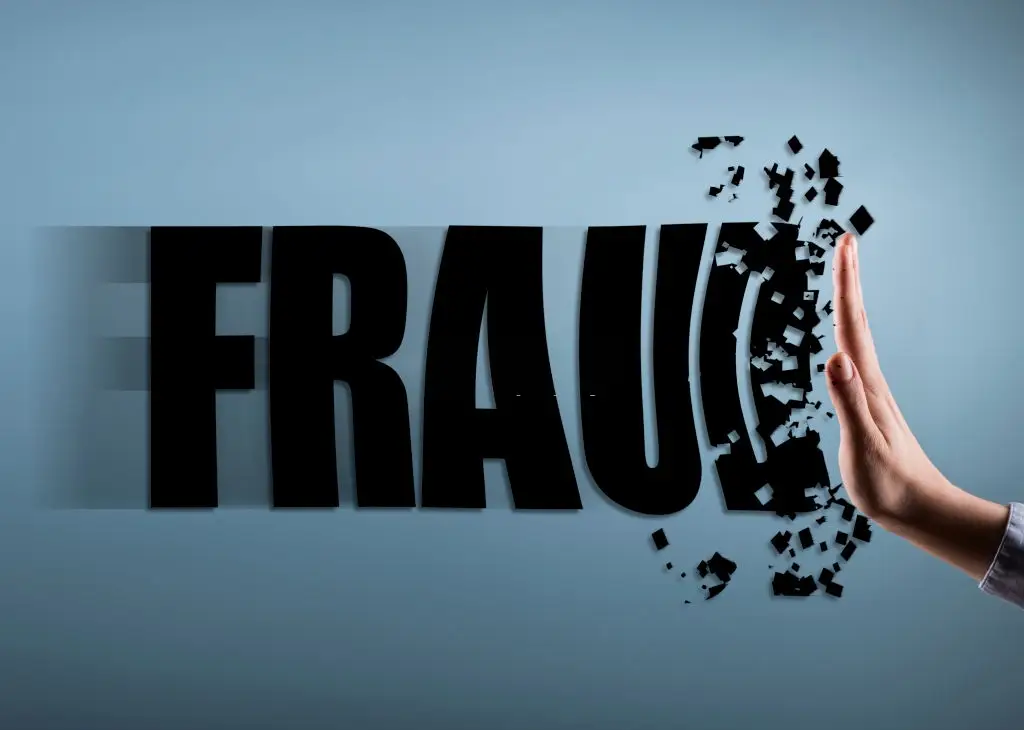It is no secret that Ponzi schemes are illegal and financially devastating to its victims, but they are not always so easy to spot. However, when markets are dropping and finances start shrinking, they become increasingly exposed.
Case in point: the financial crash of 2008 revealed Bernie Madoff’s decades-long success of ripping off investors when they came to cash out.
As the current markets have been in fluctuation and given the end of the pandemic is nowhere in sight, conditions are ripe for other Ponzi schemes to come to light, and victims need to know where to turn for help.
What is a Ponzi Scheme?
By definition, a Ponzi scheme is an investment scam that takes money from investors with the understanding that the money will be used to fuel business growth, except there is not really anything happening in the business. This usually entails an offering of high returns to investors with little risk to encourage participation.
Ponzi schemes continually rely on new investments and use those funds to pay out earlier investors. It becomes a cycle of simply funneling money without any “business” happening to grow the funds.
What happens during financial upheavals, like the crisis in 2008 and potentially what’s happening now with COVID-19, is that too many investors come to cash out at the same time and there aren’t enough funds to pay them all. The flood of new investors (and new money) has dried up.
What to Do if You are a Victim of a Ponzi Scheme During COVID-19
Many investors hand over their money in good faith and do not realize they have just signed into a Ponzi scheme. If you find your investment is not everything you thought it was and the Ponzi scheme falls apart, your path forward can vary.
Some Ponzi scheme victims try to pull their money out as soon as they suspect or confirm they are part of a scam. Others may try to wait out the storm to see if it resolves itself. And others yet may feel embarrassed that they have been taken for a ride and are unsure of how to proceed, since taking action would be admitting that they were scammed. They do not want to be viewed as gullible or irresponsible, and they worry about the effect it could have on their own business image.
However, doing nothing is a silent approval that conducting fraudulent scams like a Ponzi scheme is okay, and not reporting it could allow others to fall victim to it.
If you discover you are part of a Ponzi scheme during COVID-19, it is important to consult with a legal expert who can advise you of how to mitigate the impact.







